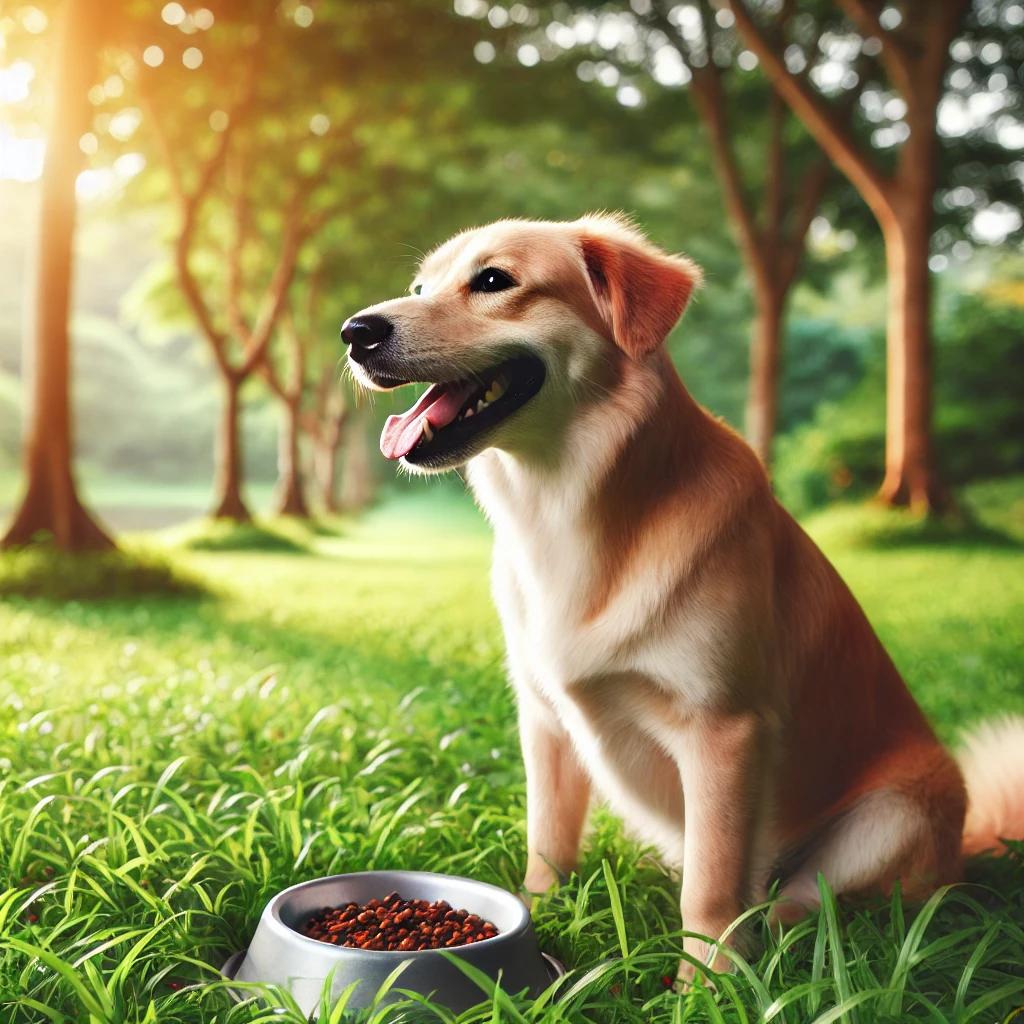When dogs are diagnosed with cancer, weight loss can become a significant issue, affecting their overall health and energy levels. Many dogs with cancer experience reduced appetite, muscle loss, and an increased metabolic rate, making it difficult to maintain or gain weight. Providing proper nutrition and care can improve their quality of life and support their recovery. This article explores effective nutrition strategies to help dogs with cancer maintain or gain weight.
Why Do Dogs with Cancer Lose Weight?
Dogs with cancer often face weight loss for several reasons:
- Cancer Cachexia: This condition causes muscle wasting and fat loss, even if the dog eats normally. Cancer alters the metabolism, leading to nutrient loss and energy depletion.
- Reduced Appetite: Treatments like chemotherapy can cause nausea, leading to a diminished appetite and reluctance to eat.
- Increased Caloric Demands: Cancer increases the body's energy requirements, making it difficult for dogs to maintain weight without extra calories.
Strategies to Support Weight Gain in Dogs with Cancer
-
Calorie-Dense, Nutrient-Rich Foods Offering high-quality, calorie-dense foods is one of the most effective ways to help your dog gain weight. Focus on:
- Protein-Rich Foods: Lean meats like chicken, turkey, and beef can help maintain muscle mass. Protein is essential for rebuilding tissue, which is crucial for dogs fighting cancer.
- Healthy Fats: Fats are a concentrated source of calories and can help your dog gain weight quickly. Fish oils rich in omega-3 fatty acids are particularly beneficial as they help reduce inflammation and promote healthy skin and coat.
- Easily Digestible Carbohydrates: Sweet potatoes, pumpkin, and rice provide carbohydrates that are easy to digest and help provide energy without upsetting the stomach.
-
Small, Frequent Meals Dogs with cancer may struggle to eat large meals due to nausea or a reduced appetite. Offer small, frequent meals throughout the day to make it easier for them to eat and get the calories they need.
-
Nutritional Supplements Consider adding high-calorie supplements to your dog’s diet to boost their caloric intake. Some effective supplements include:
- Nutri-Cal: A high-calorie gel that provides essential vitamins and nutrients, designed for dogs needing extra energy.
- Probiotics: Supporting gut health can help your dog absorb nutrients more efficiently, which is crucial for weight maintenance.
- Omega-3 Supplements: Fish oil and flaxseed oil can add healthy calories and support your dog’s immune system and skin health.
-
Appetite Stimulants If your dog’s appetite is severely reduced, speak with your vet about using appetite stimulants. Medications such as Mirtazapine or Entyce can encourage your dog to eat more and prevent further weight loss.
-
Homemade Meals For dogs with finicky appetites, homemade meals can be more enticing. You can prepare meals using fresh, high-quality ingredients such as boiled chicken, turkey, or fish. Adding a bit of low-sodium broth can enhance flavor and make the food more appealing. Remember to balance the meals with healthy fats and fiber.
-
Anti-Nausea Medications Cancer treatments often cause nausea, making it difficult for dogs to eat. If your dog shows signs of nausea, ask your veterinarian about prescribing anti-nausea medications such as Cerenia to help them eat more comfortably.
-
Stress-Free Feeding Environment A calm, comfortable feeding environment can make a big difference in how much your dog eats. Reduce distractions and stress during meal times. Providing a quiet, familiar space where your dog feels safe can help them feel more relaxed and encourage better eating habits.
Long-Term Weight Management
Once your dog begins gaining weight or maintaining a healthier weight, continue monitoring their progress with regular weigh-ins and veterinary checkups. Here are some additional tips for maintaining long-term weight in dogs with cancer:
- Track Progress: Weigh your dog weekly to monitor weight gain or loss. This helps you and your vet adjust your dog’s diet as needed.
- Supportive Care: Along with a nutritious diet, ensure your dog gets enough rest, gentle exercise, and care to promote overall well-being.
- Veterinary Guidance: Always work with your veterinarian to ensure that the nutritional plan is tailored to your dog’s specific cancer type, treatment regimen, and overall health condition.
Helping a dog with cancer maintain or gain weight requires a combination of high-quality nutrition, proper supplementation, and a comfortable feeding routine. By offering calorie-dense foods, managing nausea, and using appetite stimulants if necessary, you can help your dog maintain strength and energy during their cancer treatment. Consult your vet to create a personalized nutrition plan that addresses your dog’s specific needs and helps them thrive throughout their treatment.

